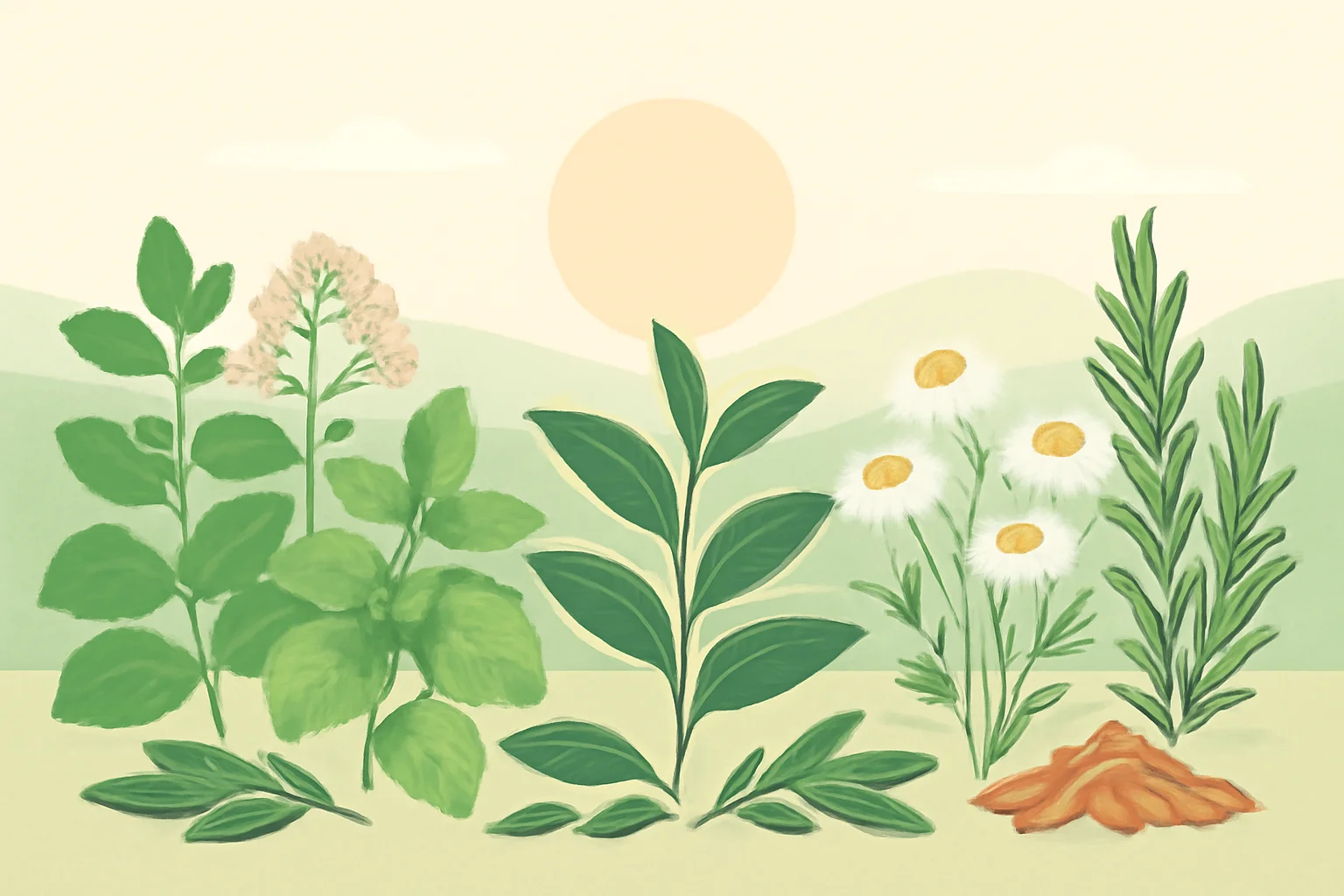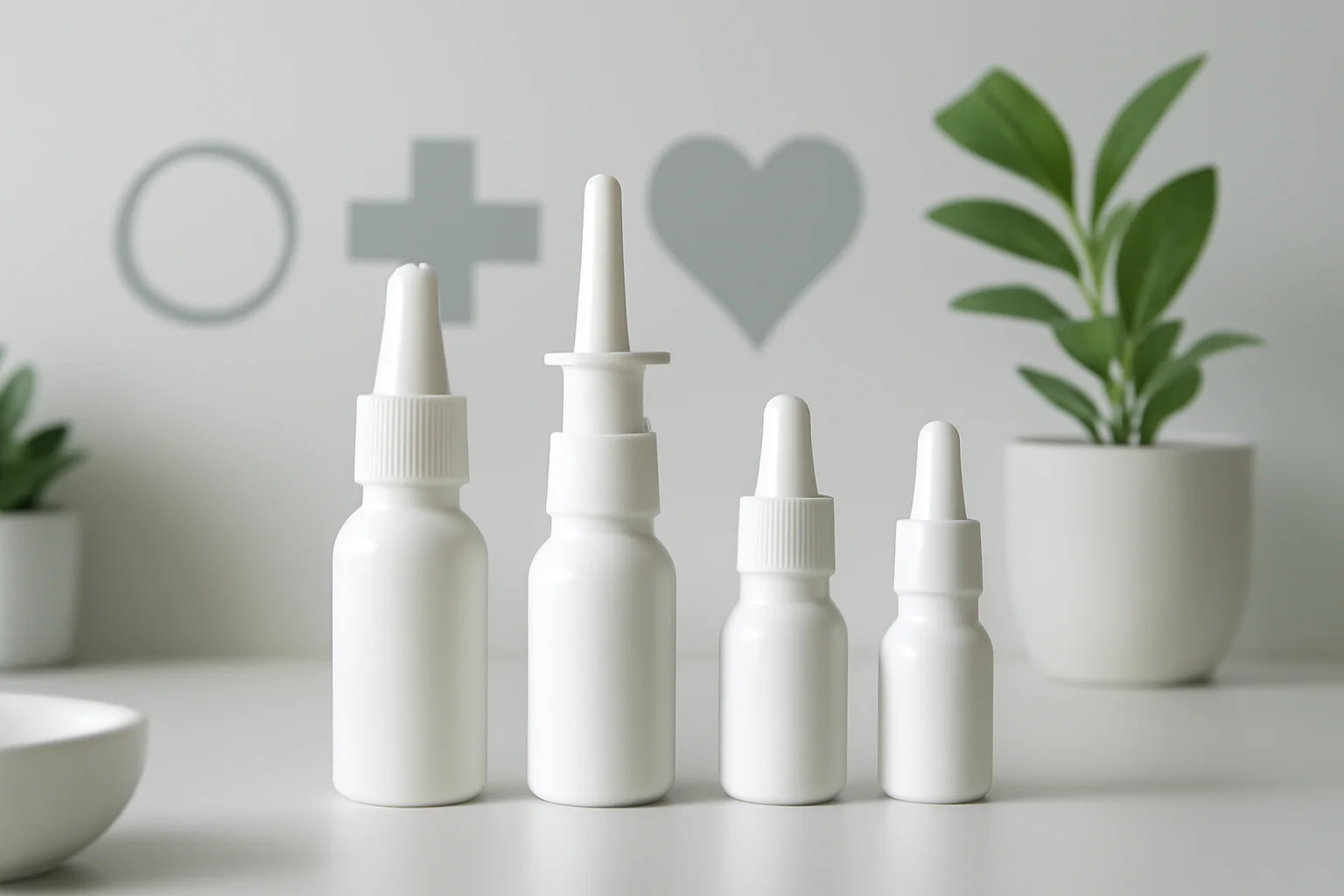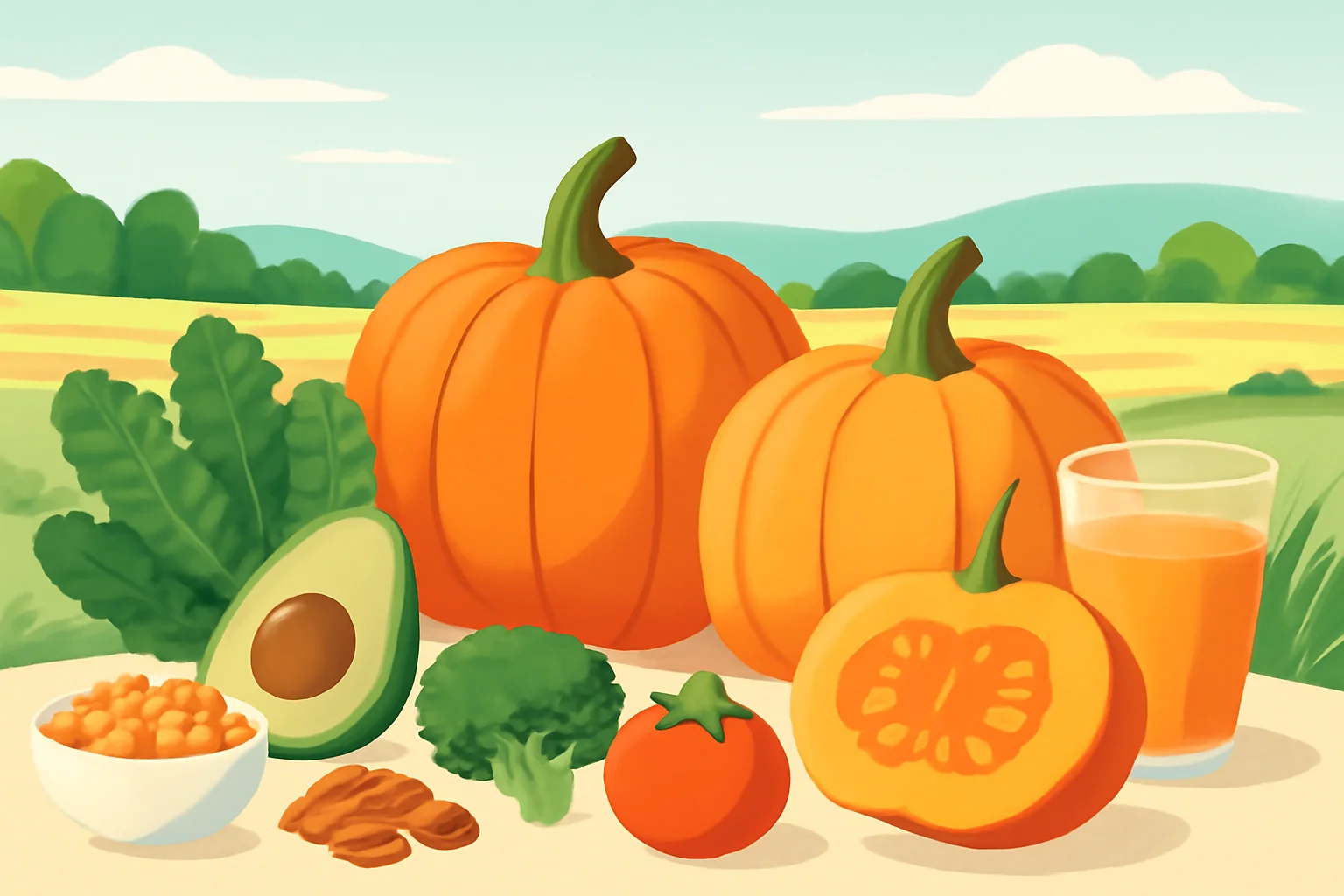
The best herbs and teas for health preservation
The world of herbs and teas has long attracted people, as both can have numerous beneficial effects. These natural substances are not only suitable for making delicious beverages, but they also offer various health benefits that appear in both traditional medicine and modern wellness culture. The use of herbs has been widespread since ancient times, and many call upon the power of nature when it comes to dealing with everyday stress or minor to major health issues.
Tea, as one of the most well-known uses of herbs, is not only refreshing and tasty but also an integral part of social interactions in various cultures. Different varieties, such as green tea, black tea, or fruit teas, each have their own distinct flavors and effects. The choice between herbs and teas is not always straightforward, as in many cases, the two concepts are closely intertwined. The aim of this article is to explore the differences and similarities between these two worlds and to demonstrate how to choose the most suitable option for ourselves.
Herbs: A Gift from Nature
Herbs have been known to humanity for thousands of years and play an important role in many cultures. These plants consist of various parts, such as leaves, roots, flowers, and seeds, and have extremely diverse effects. The use of herbs is widespread in both folk medicine and modern phytotherapy.
The active ingredients in herbs exhibit a variety of biological activities, including anti-inflammatory effects, pain relief, anxiety reduction, and immune system strengthening. For example, lavender is known for its calming effects, while ginger is used to alleviate stomach discomfort. The diversity of herbs allows people to choose according to their own needs.
It is important to note that the use of herbs does not replace professional medical treatment. Before using any herb, it is advisable to consult a doctor, especially if one suffers from a chronic illness or is taking medications. In the case of herbs, quality and proper application are crucial for achieving the desired effects.
When using herbs, it is important to pay attention not only to the active ingredients but also to the method of use. They can be prepared as tea, used in the form of tinctures, or even taken in capsules. Each method has its own advantages and disadvantages, so it is worth gathering thorough information.
The Colorful World of Teas
Teas are among the most popular beverages in the world, and they are favored not only for their taste. Different types of teas, such as green, black, white, oolong, or herbal teas, each have distinct flavor and aroma profiles and can exert various effects on the body. Preparing tea is a ritual that plays an important role in many cultures, as it serves not only for the enjoyment of taste but also for strengthening social relationships.
For example, green tea is rich in antioxidants, which can help protect cells and slow down early aging. Black tea has a stimulating effect due to the caffeine it contains, while fruit and herbal teas offer various beneficial effects depending on their ingredients.
In many cultures, tea consumption is part of the daily routine, and many use tea for relaxation or to reduce fatigue. The preparation of tea can also become a ritual, as maintaining the proper temperature and steeping time is crucial for achieving the desired flavor and aroma. Thus, tea drinking is not just about consuming a beverage but an experience that connects people.
To ensure that tea truly has beneficial effects, it is advisable to pay attention to its quality. Premium quality teas generally have richer flavor and aroma profiles and contain more beneficial active ingredients. In the world of teas, quality and purity are key, so it is worth sourcing them from reliable suppliers.
Comparison of Herbs and Teas
Although herbs and teas are closely intertwined, it is worth examining the differences and similarities between them. Herbs generally refer to various parts of plants used for medicinal purposes, while teas are beverages made from herbs and other plants. Therefore, tea is a type of use of herbs.
The use of herbs encompasses a much broader spectrum than teas. While teas are primarily consumed in beverage form, herbs can also be found in tinctures, capsules, or even decoctions. The active ingredients in herbs are available in more concentrated forms, allowing for stronger effects.
For both categories, quality and source are important. Naturally grown herbs and teas generally have richer nutrient and active ingredient content than artificially produced versions. To ensure quality, it is advisable to choose products that guarantee purity and organic quality.
While many use teas as tools for relaxation and rest, herbs are often applied for medical purposes due to their wide-ranging effects. The choice between herbs and teas often depends on personal preferences and individual needs.
Note: This article does not constitute medical advice. Always consult your doctor for health issues!

